
Understanding Oral Special Tests and Their Importance
Oral special tests are a crucial part of dental diagnostic procedures used to assess the health and function of the oral cavity beyond what is visible during a routine examination. These tests help dentists in the United States detect abnormalities, diagnose oral pathologies, and plan effective treatments. Unlike general checkups, oral special tests focus on specific conditions such as temporomandibular joint disorders, oral cancer screening, nerve functionality, and mucosal abnormalities.
The significance of oral special tests lies in their ability to uncover hidden problems early, thereby preventing complex issues later on. Many patients may not realize the extent of what dentists examine during these tests, which can sometimes be a combination of clinical evaluation, imaging, and sensory testing.
1. Clinical Examination Components in Oral Special Tests
Visual Inspection and Palpation
The first step in oral special tests involves a thorough visual inspection of the oral cavity. Dentists examine the mucosa, gums, tongue, floor of the mouth, and palate for lesions, discolorations, swelling, or ulcers. Palpation complements this inspection by allowing the dentist to feel abnormalities beneath the surface such as lumps or tender areas that might indicate infection or tumors.
Assessment of Tooth Mobility and Occlusion
Oral special tests also include evaluating the mobility of teeth to detect periodontal disease progression. Occlusion, or how teeth come together, is analyzed to identify malocclusion issues that can lead to jaw pain or uneven wear. This functional assessment is essential for diagnosing temporomandibular joint (TMJ) disorders.
2. Sensory and Nerve Function Tests
One of the specialized areas covered by oral special tests is assessing nerve function in the oral and maxillofacial region. Dentists perform sensory tests such as thermal testing, electric pulp testing, and light touch to evaluate the integrity of nerves supplying the teeth and soft tissues. These tests help identify nerve damage or neuropathic conditions that might cause chronic pain or numbness.
For example, thermal testing involves applying cold or heat stimuli to the tooth surface and observing patient response, which indicates the vitality of the dental pulp. Electric pulp testing uses a small electrical current to provoke a sensation, confirming nerve health status.
3. Temporomandibular Joint (TMJ) Examination
TMJ disorders are common causes of jaw pain and limited mouth opening. Oral special tests related to TMJ include palpation of the joint and surrounding muscles, listening for joint sounds (clicking or popping), and measuring the range of motion. Dentists may also assess muscle tenderness and conduct functional tests to understand the extent of dysfunction.
These examinations are critical for designing treatment plans that might include physical therapy, bite splints, or in severe cases, surgery.
4. Oral Cancer Screening and Mucosal Biopsy
Oral special tests frequently involve screening for precancerous or cancerous lesions. Dentists use tools like toluidine blue staining, fluorescence visualization, or brush biopsies to detect abnormal cell changes early. Early diagnosis through these special tests significantly improves treatment outcomes and survival rates.
Patients presenting with persistent ulcers, white or red patches, or unexplained lumps undergo these assessments as part of comprehensive oral health care.
5. Radiographic and Imaging Special Tests
Imaging techniques complement oral special tests by revealing hidden conditions not apparent in a visual exam. Panoramic X-rays, cone beam computed tomography (CBCT), and intraoral radiographs provide detailed views of bone structure, impacted teeth, cysts, or infections.
Advanced imaging is indispensable for surgical planning, implant placement, and assessing bone loss related to periodontal disease.
6. Functional and Salivary Diagnostics
Some oral special tests focus on evaluating saliva production and oral function. Salivary flow tests diagnose xerostomia (dry mouth), which can contribute to caries and mucosal infections. Functional tests might also assess swallowing efficiency or speech difficulties linked to oral health problems.
These tests enrich the dentist’s understanding of the patient’s overall oral environment and guide personalized care.
Enhancing Oral Health through Comprehensive Special Tests
Oral special tests offer a multi-dimensional approach to oral health, combining clinical skills, technology, and patient feedback. Dentists in the USA use these tests to ensure no detail is overlooked in diagnosing and managing oral conditions. Patients benefit from early detection, targeted therapies, and improved outcomes.
For anyone seeking expert guidance and tailored oral health assessments, Dentistry Toothtruth provides trusted services backed by advanced diagnostic tools. Engage with specialists who value comprehensive oral examinations to safeguard your smile and well-being.

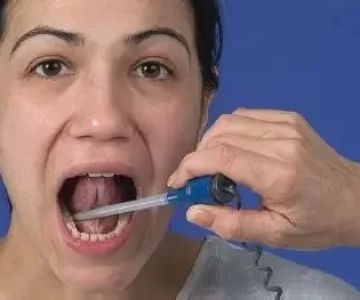
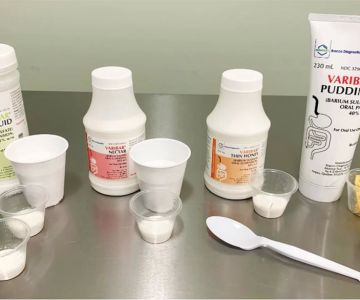
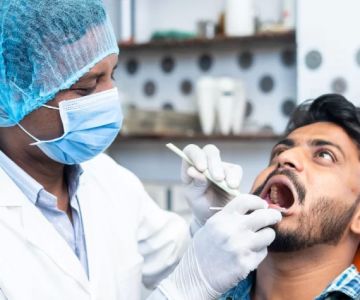
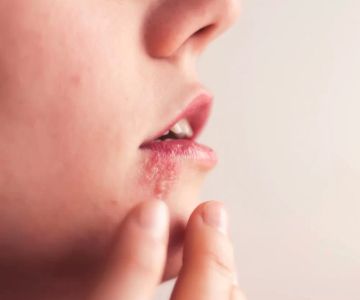
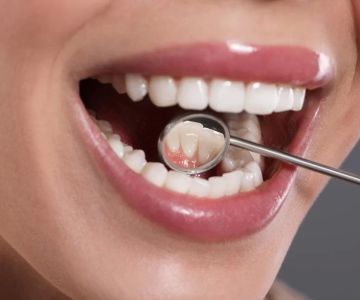
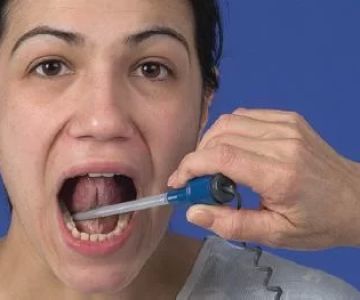
 Jefferson Urology Associates2.0 (32 review)
Jefferson Urology Associates2.0 (32 review)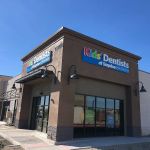 Kids' Dentists of Surprise & Orthodontics4.0 (234 review)
Kids' Dentists of Surprise & Orthodontics4.0 (234 review) Tolley Roger C DDS PC0.0 (0 review)
Tolley Roger C DDS PC0.0 (0 review)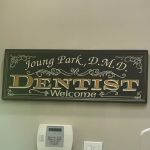 Park Family and Cosmetic Dentistry5.0 (51 review)
Park Family and Cosmetic Dentistry5.0 (51 review)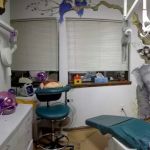 Worthington Pediatric Dentists3.0 (162 review)
Worthington Pediatric Dentists3.0 (162 review) Smile L.A. Downtown Modern Dentistry4.0 (484 review)
Smile L.A. Downtown Modern Dentistry4.0 (484 review) The Importance of Oral Health Education During Pregnancy for a Healthy Pregnancy
The Importance of Oral Health Education During Pregnancy for a Healthy Pregnancy Best Tips for Brushing Your Teeth Properly for Healthy Gums: Essential Techniques for Oral Health
Best Tips for Brushing Your Teeth Properly for Healthy Gums: Essential Techniques for Oral Health Why Skipping Dental Checkups Can Lead to Bigger Oral Health Problems
Why Skipping Dental Checkups Can Lead to Bigger Oral Health Problems Advantages of Porcelain Dental Restorations
Advantages of Porcelain Dental Restorations How Can Diabetes Cause Tooth and Gum Problems? Preventing and Managing Oral Health Issues
How Can Diabetes Cause Tooth and Gum Problems? Preventing and Managing Oral Health Issues Healthy Habits for Promoting Good Oral Health and Hygiene: Tips for a Healthy Smile
Healthy Habits for Promoting Good Oral Health and Hygiene: Tips for a Healthy Smile